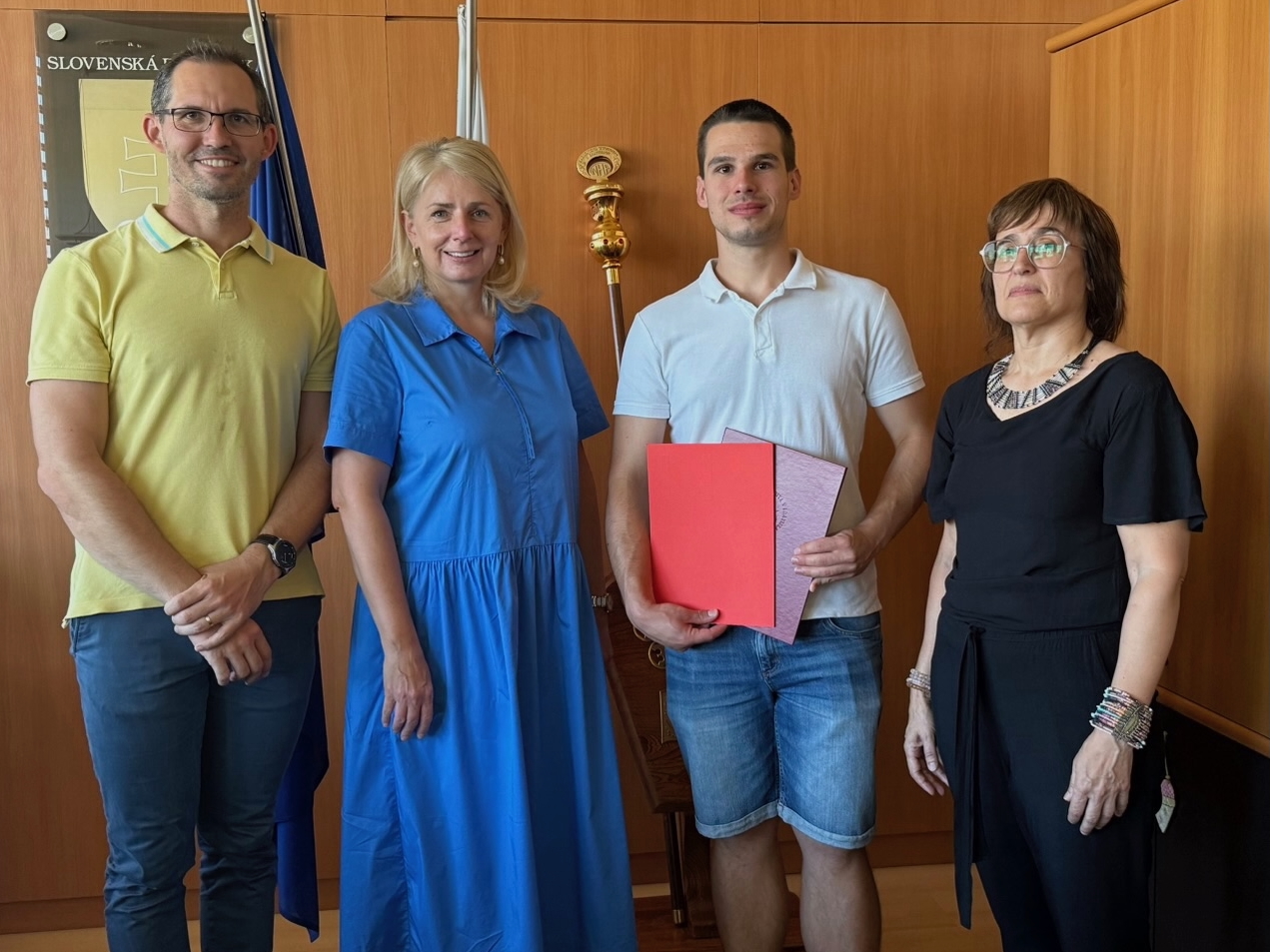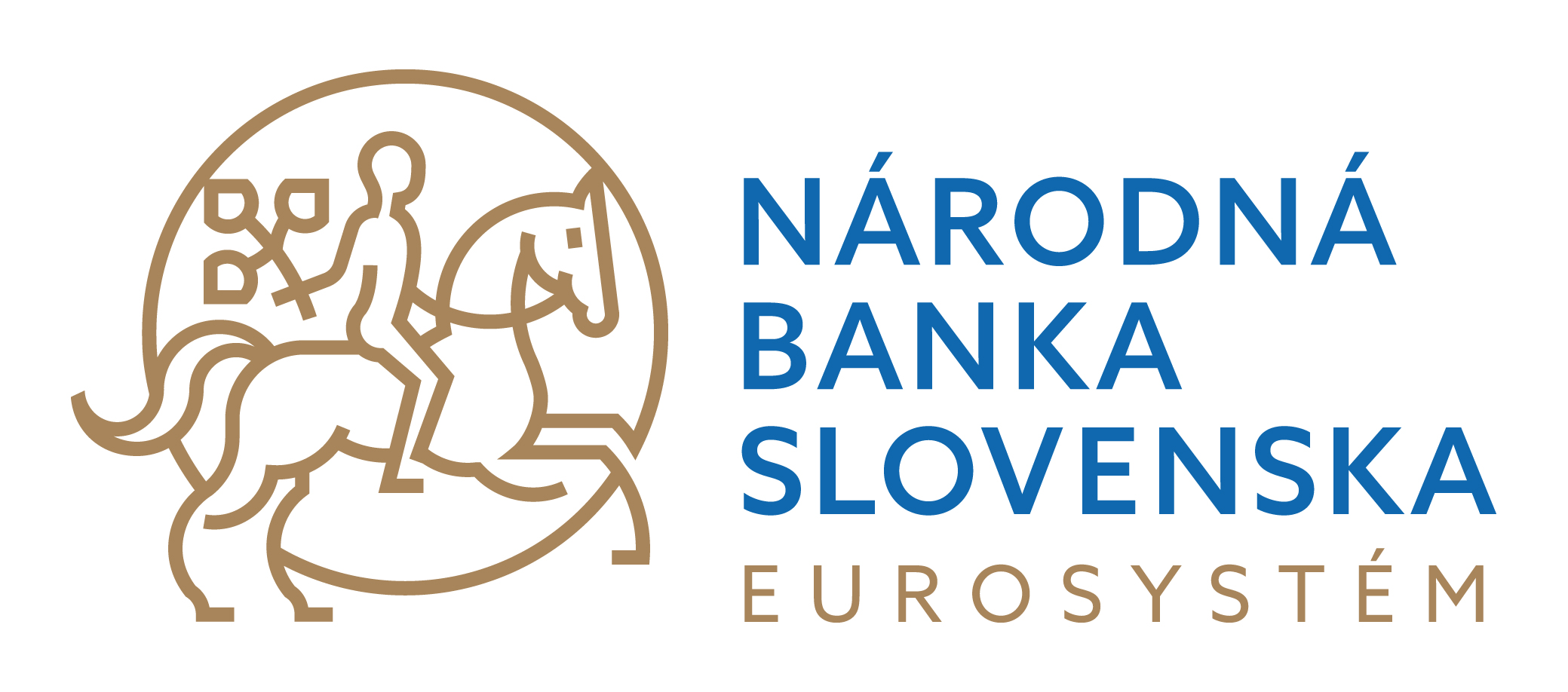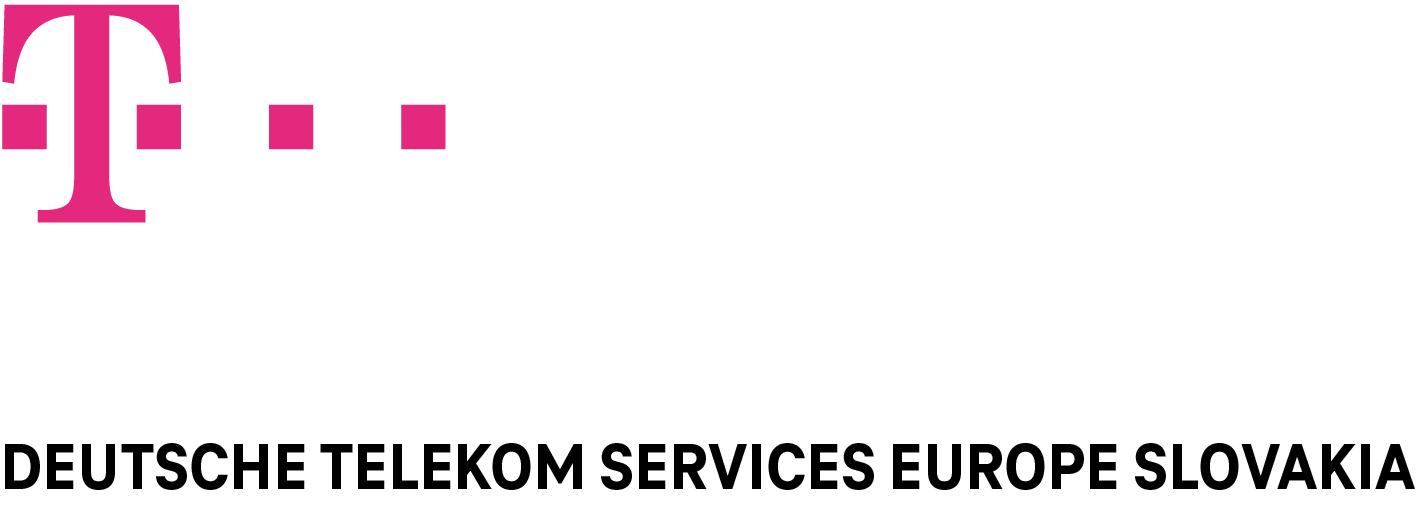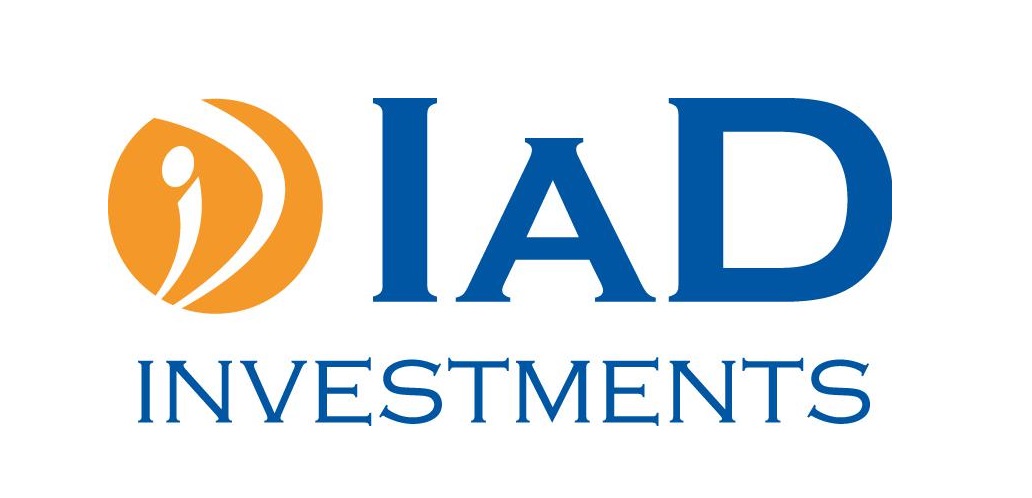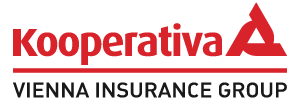Ing. Patrik Turcsek became the first graduate of the joint study program Applied Economics between the Faculty of National Economy and the University of Coimbra in Portugal. We spoke with him about what it’s like to study at two universities at the same time, what the program brought him, and what advice he has for those considering a similar path.
Patrik, what led you to pursue a dual degree? How did you find out about this opportunity? You were the very first student in the program. Did you encounter any challenges related to the “start-up” phase of the new program?
I was hoping the program would give me fresh experiences and a new perspective on studying. I actually found out about it quite by chance. Our department head, Professor Lábaj, who taught us in our final semester of the third year, informed us about the opportunity. I love trying new things, and the offer was attractive—so I decided to take it right away.
Of course, there were some start-up issues, as is often the case with new initiatives. For example, we had only about three days to decide whether to apply. Although the expansion of cooperation with the University of Coimbra had been in the works for a while, it was uncertain until the very last moment whether everything would come together that year. But from what I heard from students in the years below me, most of the kinks had been worked out by the second year of the partnership.
You completed your studies with honors and received the Dean’s Award for Best Thesis, which you wrote under both a Slovak and a Portuguese supervisor. How did the long-distance cooperation work?
It’s definitely important to establish a mutually agreeable cooperation model early on. In our case, my Portuguese supervisor and I met several times in Coimbra to plan out the thesis and set deadlines. Since the second part of the program (the fifth year) takes place at the University of Economics, we switched to online communication during that time. But this didn’t negatively affect our cooperation in any way.
My Slovak supervisor was the department head, and my Portuguese supervisor was a lecturer who had taught me Environmental Economics in Coimbra—so we already knew each other by the time I chose my thesis topic. Both supervisors were extremely helpful and supportive. That said, coordinating expectations across three parties was sometimes a challenge—this is where students can really put their soft skills to the test (laughs).
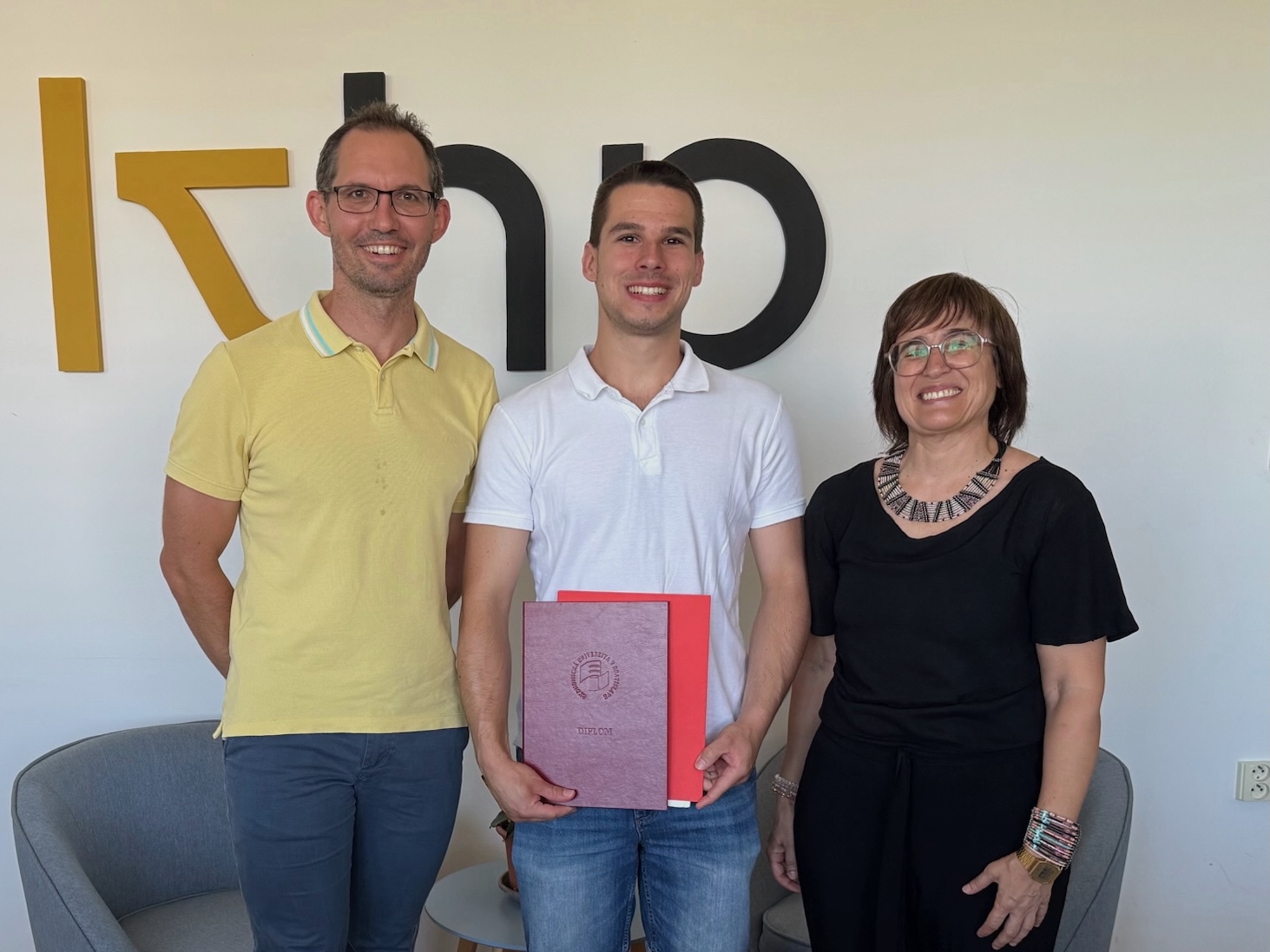
You studied at two different universities and in two culturally distinct environments. What differences did you notice between EUBA and Coimbra? In what ways could they inspire one another?
There are definitely cultural differences, but in my opinion, students and professors in Portugal and Slovakia are surprisingly alike. At Coimbra, classes are organized in 3-hour blocks that combine lectures and seminars. For me, this was a welcome change—it allowed for more flexible discussions and kept the lectures dynamic. That said, many graduate-level courses at EUBA are already taught in a similar format, with more blurred lines between lectures and seminars due to their practical focus and the instructors’ flexibility.
One big difference I noticed was in how much freedom students had when choosing their courses. I personally had to follow a predefined curriculum that aligned with what I would have studied in Bratislava, but my Portuguese classmates had far fewer restrictions, even at the undergraduate level. At EUBA, you often attend all your courses with the same study group throughout your degree—something that’s rare in Coimbra.
If I had to pick one major culture shock, though, it would be the Portuguese time cycle. I remember our first week in Coimbra—we Erasmus students went out in the evening and were baffled by the empty streets and bars. Around 1 a.m., we were about to call it a night when suddenly we saw crowds of students descending into the city center. That’s when it really came alive. It reminded me of a scene from The Walking Dead.
What does a dual degree offer compared to a traditional study path? Did it meet your expectations?
Absolutely—it met them and even exceeded them. It does come with its challenges, especially when it comes to adapting to a different environment and aligning expectations from both universities. But it also offers a unique chance to experience another world, a new academic system, and, most importantly, to meet fascinating people. I made friendships during my time abroad that will last.
Where did you find a job after completing the program, and what is your role today?
I’m currently working as an analyst at the Office of the Deputy Prime Minister for the Recovery and Knowledge Economy. I’m part of a small analytical unit focused on research and innovation. Fun fact—there are four analysts plus a department head on our team, and we’re all graduates of the Faculty of National Economy from the past 15 years. Four of us specifically studied Economic Policy or its successor, Applied Economics.
My job is very diverse—mainly, I work on analytical studies in the field of research and innovation, and on ex-post evaluations of research support schemes. A big part of the role is providing data-driven support for policymaking. I had already interned here for a long time and later worked part-time during my studies, which was made possible thanks to the practical focus of the program and the experience I gained with tools like Stata, R, and Python.
If you could go back to the day before leaving for Coimbra, what would you tell yourself? Would that message also apply to students who are considering this kind of program?
My message to anyone considering the program is this: go for it. The effort you put in will be returned many times over in the form of memories and experiences. Looking back, I wouldn’t change a thing.
